Dysmenorrhea ( menstrual cramps ) is a very common condition among women. It often affects women’s health, psychology, and daily activities. Depending on the person, dysmenorrhea can vary in severity. However, most women are both uncomfortable and in pain when the onset of dysmenorrhea and they want to find a way to relieve pain at home quickly and safely. So let’s find out what is dysmenorrhea? Is this disease dangerous? and what are home remedies for menstrual cramps?


1. What is Dysmenorrhea?
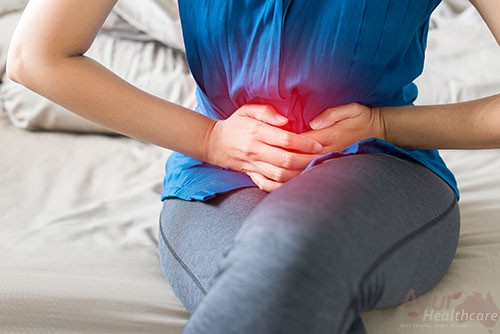

✅ Dysmenorrhea is constant pain and spasm in the lower abdomen. Many women experience spasm before and during menstruation. For some people, dysmenorrhea only makes them a little uncomfortable. However, in others, pain can interfere with daily activities. Dysmenorrhea is not caused by health conditions, they often tend to improve with age and after birth.
Dysmenorrhea has the following symptoms :
- Persistent pain and spasm in the lower abdomen
- The pain begins 1 to 3 days before menstruation and peaks on the first day of the cycle, then the pain will subside for -3 days.
- Constant dull pain.
- Pain spreads to the back and down to the thighs.
- Feel the pressure in your stomach.
Risk factors of Dysmenorrhea :
- You are under 30 years old.
- You get puberty early, at about 11 years of age or earlier.
- Irregular menstrual bleeding (hemorrhage)
- You have not given birth.
- You have a relative (mother, sister) with this condition.
- You are still smoking.
2. Home remedies for menstrual cramps
✅ Dysmenorrhea does not cause complications of health status, but it can interfere with daily activities like school or work. However, there are very simple and effective ways to help relieve menstrual pain at home.
2.1 Home remedies for menstrual cramps: Massage the lower abdomen


✅The lower abdomen massage is rated as quite effective, safe. How to perform abdominal massage is quite simple: Do some gentle movements in a circular motion until the pain subsides, which works to prevent the abdominal muscles from abruptly contracting, which helps relieve the pain of dysmenorrhea.
2.2 Home remedies for menstrual cramps: Warm compresses
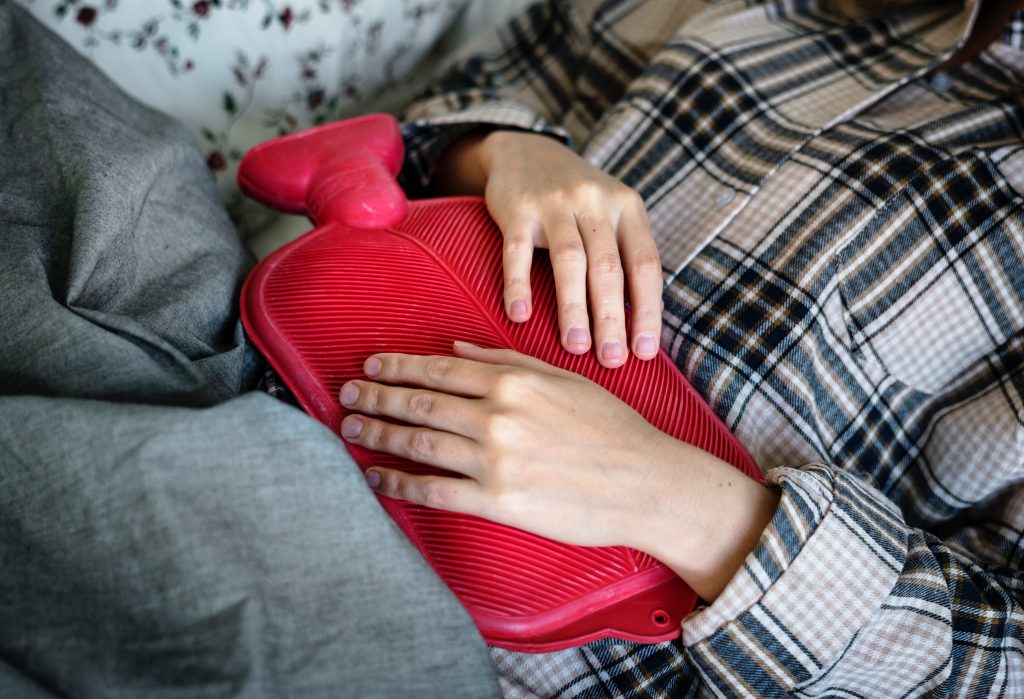

✅ This helps to warm the abdomen, blood circulation, relax muscles, and make the lining of the uterus flake more easily. Since then, uterine contractions will subside. You can also use hot oil instead of hot water, which helps to warm the abdomen, help reduce abdominal cramps, increase blood circulation, and help reduce lower abdominal cramps significantly.
2.3 Home remedies for menstrual cramps: Use ginger tea


✅ Ginger tea also works very well in reducing menstrual pain because it works to promote blood circulation, help limit contractions of the uterus. Ginger contains substances that have the ability to fight uterine spasms, reduce menstrual pain very well.
2.4 Home remedies for menstrual cramps: Building a reasonable diet
- Eat more green vegetables, fresh fruits, fish … help blood flow easier, help reduce symptoms of dysmenorrhea effectively.
- Drink plenty of water, should drink about 2 liters of water a day, should use warm water.
- Drink hot lemonade, use mixed vitamins and foods high in calcium, vitamin C, B6, E.
- Limiting the consumption of spicy, hot, and salty foods can easily cause constipation, making menstrual cramps worse.
- Do not use carbonated beverages, stimulants such as coffee … and caffeinated beverages.
- Drink milk or eat yogurt.
2.4.1 Good food for Dysmenorrhea


- Oysters are animals that contain many nutrients such as glucid, protein, zinc, magnesium, fat, calcium … Oysters are a very effective food to reduce dysmenorrhea. According to Oriental medicine, oyster meatworks to treat dizziness, dizziness, insomnia due to heat, thirst, thirst, premenopausal women … Besides, oysters also contain iron and omega 3s – these are two substances that have the ability to regulate menstruation extremely effectively. 100g of oysters is equivalent to 1000mg of omega-3. It will help limit the contraction of the uterus. Reduces abdominal pain during menstruation very well.
- Yogurt: Yogurt is an ideal choice for menstrual cramps. The most recent research has shown that calcium has the ability to reduce uterine contractility. Thereby relieving the dysmenorrhea quickly. You can eat 1-2 cups of yogurt every day. Equivalent to about 120 – 240g of calcium. It will help reduce 30% of dysmenorrhea. Besides, yogurt also helps to strengthen the immune system of the body. Help women reduce the risk of diseases such as obesity, cardiovascular, blood pressure … The lactobacillus bacteria in yogurt have the ability to prevent inflammation in the intestine, reduce the risk of bladder and rectal cancer.
- Avocado: Avocado also contains a lot of omega-3 and effective nutrients to reduce dysmenorrhea. Half of the avocado provides enough omega-3s to help you quickly get through your dysmenorrhea. In addition, avocado contains 25 types of natural vitamins and minerals that are good for health such as stabilizing blood pressure, good for the heart, anti-inflammatory … 100 grams of an avocado provides the body: 20% folate, 26 % vitamin K, 14% of vitamin B5, 14% of potassium, 10% of vitamin E.
- Salmon contains a lot of vitamin D, which helps you effectively treat abdominal pain during menstruation. Eating 100 grams of salmon per day can provide the necessary amount of calcium, vitamin D, and omega-3 to reduce discomfort during dysmenorrhea. Besides, salmon contains many proteins and amino acids that are easily absorbed, good for the digestive system, and cardiovascular.
2.4.2 Foods to avoid while having menstrual cramps


- Avoid acidic foods: Because sour food stimulates the nervous system of plants, it increases the spasm of smooth muscles of the uterus and stomach, especially for women with sensitive atopic conditions. In addition, eating too much sour food will make your period even more.
- Avoid hot spicy foods: To avoid dysmenorrhea and negative effects on the skin, women need to avoid hot spicy foods such as garlic, pepper, chili, mustard … because these will lead to menstrual bleeding. Not only that, but hot spicy food also makes the abdominal pain more intense and appear unusual pain.
- Avoid welding foods: Some welding foods to avoid include: seafood, seaweed, cucumbers, squash, etc. Because when eating these foods, they will change the blood temperature, stimulating blood, poor circulation, leading to more severe abdominal pain.
- Coffee also makes you sleepless, stress makes dysmenorrhea worse.
- Avoid drinking green tea: Green tea is a very healthy food, but during menstruation, the amount of plasma protein in the blood increases, causing the body to be deficient in blood and iron. When drinking green tea, the tannic acid in the tea combines with iron to form a precipitate that makes it difficult to absorb iron.
- Do not eat too much salt: During the menstrual period, you should pay attention to limit the amount of salt loaded into the body because they are easy to cause flatulence, indigestion, and water retention.
2.5 Home remedies for menstrual cramps: Relax


✅ Keep yourself in a good mood, rest at home, move around home, do some light exercise, and avoid heavy labor on menstrual days.
2.6 Home remedies for menstrual cramps: Yoga


✅ Yoga is a gentle exercise and is also one of the fastest cure for dysmenorrhea, effective pain relief for women. You can consult a yoga expert about appropriate exercises for myself.
3. Recommended for you :
🎁 Use the right Motherwort extract
✅ Motherwort extract has a good effect on blood circulation, regulating menstruation, cure menstrual pain, good for premenopausal women, and treating high blood pressure … However, not all women can use Motherwort extract, especially in some cases dangerous… ➡
🎁 Traditional Medicinals | Ginger Herbal Tea
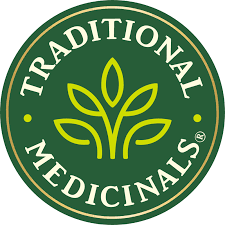

✅ From field to cup, Traditional Medicinals make sure their teas deliver the benefits of these amazing plants. To deliver consistently high-quality teas, they source organically farmed or organically wild-collected herbs from ethical trading partnerships, seeking out medicinal-grade plants. Only a small fraction of the world’s herb supply meets their high-quality standards. There are many types of ginger tea made by them, and all of them are prized for their quality and healing effect.
- Traditional Medicinals Organic Ginger Herbal Tea: Traditional Medicinals created this tea using high-quality ginger rhizomes, or roots. Effects of this tea: promotes healthy digestion and prevents nausea due to motion.
- Traditional Medicinals Organic Ginger Aid Digestive Tea: Herbalists have celebrated ginger for millennia, thanks to fast-acting plant compounds that help calm digestive discomfort. Blended with tasty blackberry leaf and lemon myrtle leaf, this tea is perfect after a meal and an ideal travel companion when you’re on the go.
- Traditional Medicinals Organic Ginger with Chamomile Herbal Tea: Ginger has been a staple in China for millennia, and is loved all over the world for its remarkable digestive benefits. Their blend their ginger with chamomile flower to create a digestive power duo that warms both body and spirit.
- Traditional Medicinals Organic Green Tea Ginger Tea: Combining the time-honored tradition of green tea with the extra wellness benefits of spicy, warming ginger—a staple in Ayurveda—they created this tea to promote healthy digestion.
- Traditional Medicinals Organic Turmeric with Meadowsweet & Ginger Herbal Tea: Healers around the world have long praised turmeric root for its soothing benefits. Tapping into that ancient wisdom, Traditional Medicinals’ herbalists created this unique formula to include meadowsweet—historically used much like turmeric—and ginger’s warming properties to help to support a healthy response to inflammation.
- Traditional Medicinals Organic Tulsi with Ginger Herbal Tea: An ancient herb for the modern age, tulsi is known to help the body adapt to stress. This gentle blend will keep you happy and optimistic throughout the day.



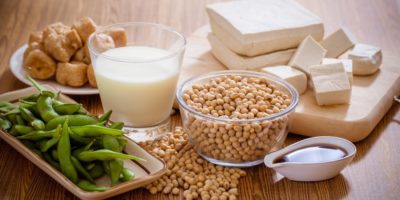
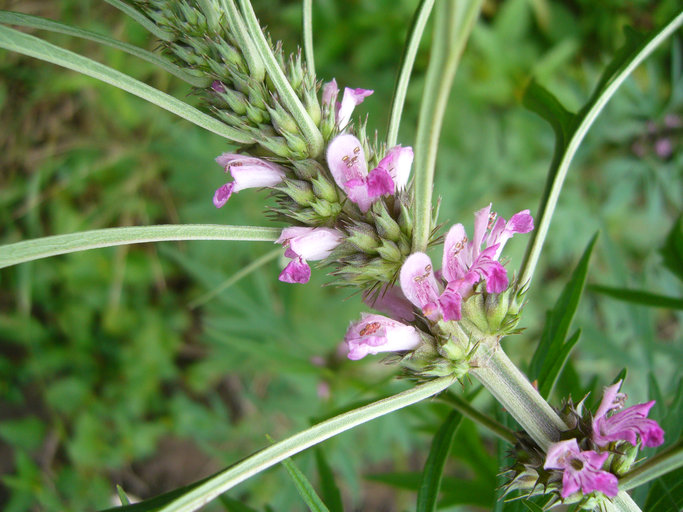


Leave a Reply